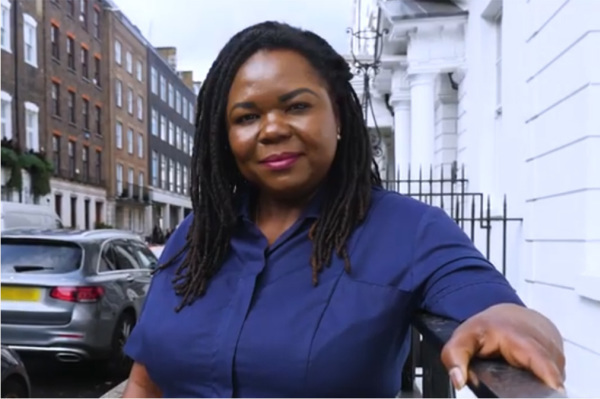Survey: High School Seniors 'Graduating from God'
Thousands of Jesus-following students who graduated from high school this summer will be claiming independent lives as they enter the big college campus in the fall. A new research study, however, is indicating the majority of those students will also be "graduating from God" upon entering college.
Fuller Theological Seminary's Center for Youth and Family Ministry launched a three-year longitudinal study, surveying Christian students and their life transition into college and what provides for a better transition especially when it comes to faith. The milestone study is set to confirm the large number of students that youth workers say are leaving the church.
Denominations and youth workers have estimated that between 65 percent and 94 percent of their high school students stop attending church after they graduate. But no broad, multi-denominational, research-based calculation has confirmed any number.
Research for the first pilot phase of the College Transition Project began in January 2005. Initial results revealed that 100 percent of the 234 students surveyed had engaged in risk behaviors including alcohol use. Those surveyed were students who had graduated from the youth ministry of a Presbyterian church within the last four years. The second most frequent engagement in risk behaviors was sexual encounters.
According to the study, the struggles students were found to have when making their shift into college were related to friendships or lack thereof. In addition to not having friends or a community, students also indicated being alone for the first time and having a desire to find a faith community or church as some of the most difficult elements of their transition.
Southern Baptist Convention President Dr. Frank Page expressed alarm over the high number of church drop outs and failures on the part of churches.
"It is a disturbing trend and part of it is that our churches have become one- or two-generation churches, and we've failed to learn how to reach out to this younger generation."
Intergenerational relationships were found to be enormously beneficial to students, according to Kara Powell, executive director of the Center for Youth and Family Ministry. The College Transition study will be measuring components such as intergenerational community, parents, and youth groups that impact the move into college life.
Powell pointed out a significant finding from the initial study. "One of the most interesting findings from that pilot project was the importance of doubt in a student's faith maturity. The more college students felt that they had the opportunity to express their doubt while they were in high school, the higher levels of faith maturity and spiritual maturity [they had]."
"Whether it was with the youth group overall or with a specific adult leader, students who had the opportunity to struggle with tough questions and pain during high school seemed to have a healthier transition into college life," stated the study by Powell and Krista Kubiak, youth worker and graduate of the Marriage and Family program at Fuller.
And youth workers play a significant part in such conversations involving struggles and tough questions. But in the big picture, youth groups are leaving out any preparations to help students make a successful transition.
"A lot of youth pastors assume everything goes well with those kids [who graduate]," said Powell. "The reality is that the transition into college is a lot tougher."
Ben Burns of Campus Crusade for Christ had mentioned that the "send-off" of high school seniors to college is not a part of the youth ministry cycle. And the pilot study revealed the consequences of that.
"Nicole" – a church's common high school small group student – was an active member of her small group for four years. When she went off to college, however, she and the small group leader lost contact. Soon, she dropped out of the church scene. Three years later, the small group leader found Nicole with a nine-month-old son, unmarried and unchurched.
"We all have our students who walked the narrow path in high school but somehow made a U-turn and stumbled, or maybe even sprinted, in the opposite direction," stated the study.
Thus, Powell joined a host of other youth ministry leaders and college campus groups to form the Guiding Coalition of the Youth Transition Network, which is just beginning to bud. The coalition is a national effort fostering an effective transition for students from high school.
Despite the lack of college preparation tools in youth groups, Powell commented, "We're amazed at how many churches, denominations, and national ministry organizations are very concerned about how many students are not transitioning well. This project seems to hit a real need."
The Fuller study was conceived by Dr. Cameron Lee, professor of Marriage and Family, and final results are expected in 2009. Findings will be published along the three-year track and can be found at http://cyfm.net/.






















